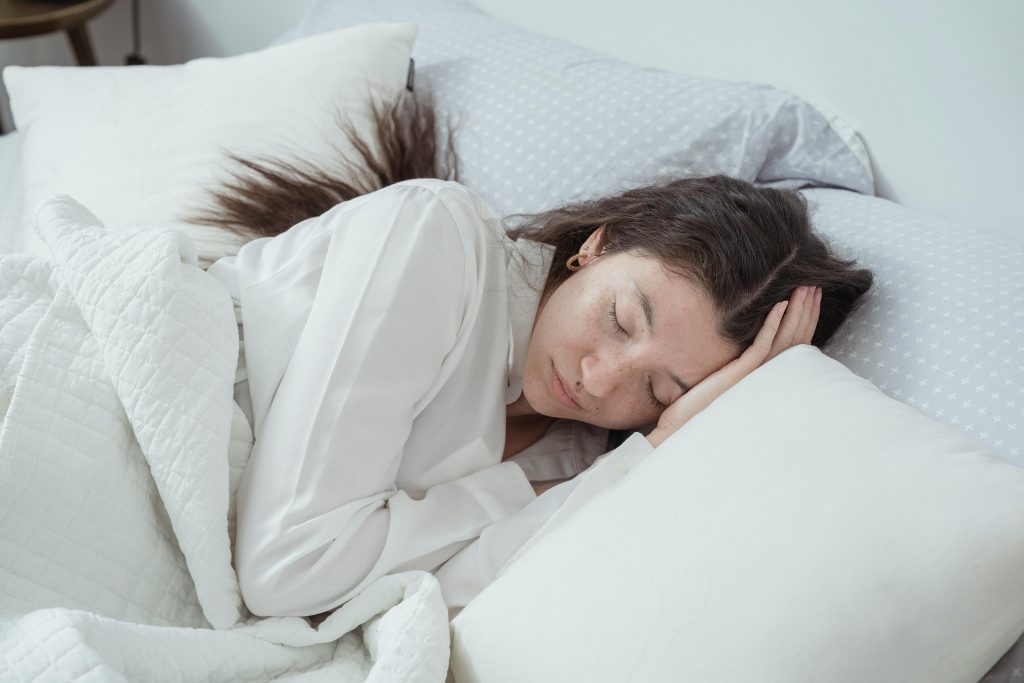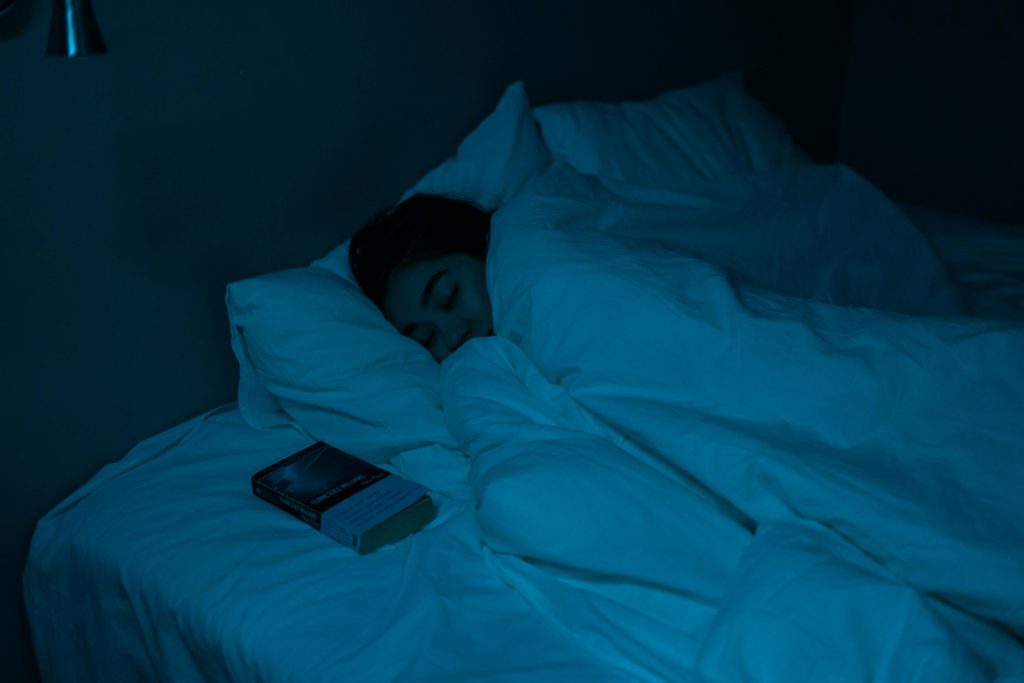
If you find yourself tossing and turning at night, you’re not alone. Millions of people worldwide struggle with sleep, whether it’s difficulty falling asleep, staying asleep, or waking up still feeling tired. The impact of poor sleep goes far beyond morning grogginess it can affect your mood, concentration, and energy levels, weaken your immune system, disrupt your hormones and metabolism, and even increase the risk of long-term health problems.
Here’s the good news: you don’t need expensive sleep gadgets or prescription pills to sleep better. With a few intentional habits, you can train your body and mind to relax, fall asleep faster, and stay asleep longer.
Here are 8 better sleep tips backed by sleep experts to help you finally get the deep, restorative rest you deserve.
1. Stick to a Consistent Sleep Schedule
Your body runs on an internal clock called the circadian rhythm. This clock loves consistency. When you go to bed and wake up at the same time every day, even on weekends, you’re teaching your body exactly when it should feel sleepy and when it should feel alert.
Why it helps:
- Improves sleep quality and duration
- Makes it easier to fall asleep naturally over time
- Reduces that “Monday morning jet lag” feeling
Pro tip:
Set a “wind-down alarm” 30–60 minutes before your bedtime. It’s a gentle reminder to start relaxing and unplugging, the same way your morning alarm tells you to wake up.
2. Create a Wind-Down Routine
Remember how kids sleep better with a bedtime routine? Adults need one too. A calming, predictable routine tells your brain, “It’s time to slow down.”
Ideas for a relaxing pre-bed ritual:
- Read a physical book or magazine (skip the tablet)
- Take a warm shower or bath to relax your muscles
- Listen to soft music or nature sounds
- Practice gentle yoga, stretching, or deep breathing
The goal is to avoid stimulation. Bright lights, noisy notifications, or last-minute work emails send the opposite signal to your brain.
3. Limit Screen Time Before Bed
Our phones, tablets, and TVs all emit blue light, which suppresses melatonin, the hormone that makes you sleepy. Plus, social media, news, or intense TV shows can keep your mind active long after lights out.
Try this instead:
- Turn off screens 30–60 minutes before bed
- Use night mode or blue light filters in the evening
- Keep your phone out of reach, ideally outside your bedroom
Your bedroom should be a rest zone, not a mini office or movie theater.
4. Watch What (and When) You Eat and Drink
Food and drinks can make or break your sleep.
Avoid these close to bedtime:
- Caffeine (coffee, tea, soda, chocolate) — ideally stop 6 hours before bed
- Heavy meals that cause bloating or indigestion
- Alcohol — it might make you sleepy, but it disrupts deep sleep later
If you’re truly hungry late at night, go for light, sleep-friendly snacks, like:
- Whole grain toast with almond butter
- A small bowl of Greek yogurt with berries
- A banana with peanut butter
5. Make Your Bedroom a Sleep Sanctuary
Your sleep environment can make a huge difference. A cool, dark, and quiet bedroom tells your brain, “This is the place to rest.”
Sleep-friendly bedroom checklist:
- Keep temperature around 60–67°F (16–19°C)
- Use blackout curtains or a sleep mask to block light
- Try white noise, earplugs, or a fan if sounds disturb you
- Reserve your bed only for sleep and intimacy, not work or scrolling
The more inviting and clutter-free your room feels, the easier it is to drift off.
6. Manage Stress and Anxiety Before Bed
One of the biggest sleep killers? Racing thoughts. If your brain is in overdrive, your body can’t fully relax.
Ways to calm your mind:
- Journal to unload thoughts and to-do lists
- Meditate or try guided sleep apps
- Listen to calming podcasts or white noise
- Try the 4-7-8 breathing technique:
- Inhale for 4 seconds
- Hold for 7 seconds
- Exhale for 8 seconds
Even five minutes of relaxation can shift your nervous system into sleep mode.
7. Get Natural Light During the Day
Your sleep-wake cycle relies heavily on light exposure. Morning sunlight tells your body to wake up, while reduced light at night signals it’s time to produce melatonin.
Simple light habits:
- Step outside for 10–30 minutes in the morning
- Open curtains or work near a window
- In the evening, dim lights and avoid bright overheads to mimic sunset
Daylight helps you feel alert when you need to and sleepy when it’s time to rest.
8. Be Smart About Naps
Naps can be a lifesaver for energy, but long or late naps can sabotage your nighttime sleep.
Nap smarter:
- Keep naps under 30 minutes
- Nap before 3 p.m.
- Nap in a quiet, dark, and comfortable spot
If you feel like you need long naps daily, it’s a sign your nighttime sleep needs fixing first.
Bonus: Know When to Seek Help
If you’ve tried these better sleep tips for weeks and still can’t fall or stay asleep, it might be time to see a doctor or sleep specialist.
Conditions like insomnia, sleep apnea, or restless legs syndrome often need professional support. Sleep is a biological necessity, not a luxury, so don’t hesitate to get help.
Final Thoughts on Better Sleep Habits
Achieving better sleep doesn’t require complicated routines or pricey gadgets simple, consistent habits can make all the difference. By starting with one or two small, manageable changes, such as creating a calming bedtime routine or keeping a consistent sleep schedule, you can gradually transform the quality of your rest. Over time, you’ll fall asleep more easily, wake up feeling refreshed, and notice improvements in your energy, focus, and overall mood. Quality sleep is the foundation of long-term health, boosting everything from your morning productivity to your emotional well-being. When you prioritize sleep, every aspect of your life gets better.




